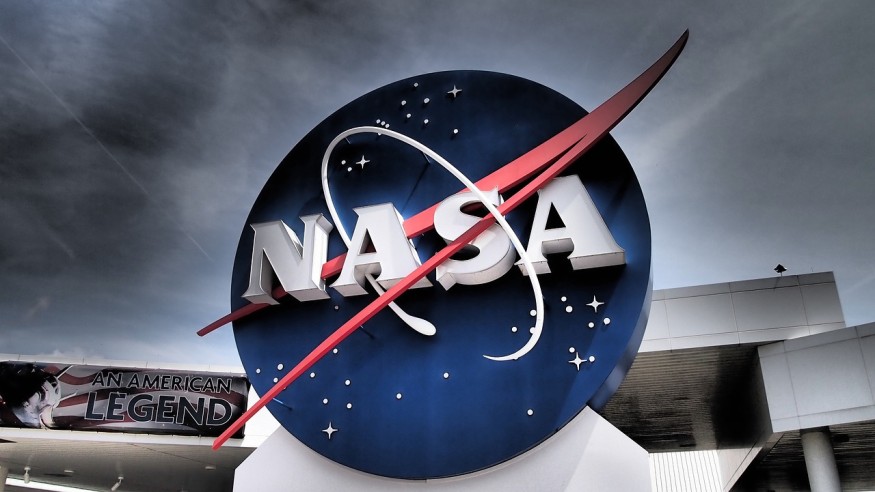NASA's mission has always been dedicated to promoting science, technology, aeronautics, and space exploration to improve education, economic vitality, environmental stewardship, innovation, and most importantly knowledge.
For the past week, the space agency has achieved a lot in exploring outer space and shared important insights for further research. From naming a mountain on the Moon, watching and helping from space, and gathering rock samples, here are a few stories that made it to the list:

Naming a Mountain on the Moon
According to NASA, scientists named a mesa-like lunar mountain that soars above the terrain created by craters near the Moon's South Pole after NASA mathematician and computer programmer Melba Roy Mouton (MOO-tawn). The one-of-a-kind feature is now known as "Mons Mouton."
The name was suggested to the International Astronomical Union by members of NASA's Volatiles Investigating Polar Exploration Rover (VIPER) mission (IAU). The flat-topped mountain sits next to the western rim of the Nobile Crater, where VIPER will land and explore as part of NASA's Artemis program during its approximately 100-day mission.
Helping From Space To Respond to Earthquake Victims in Turkey and Syria
When word of the massive earthquake in Turkey and Syria spread, experts from space organizations worldwide, including NASA, began processing and analyzing satellite data pertinent to the event.
NASA's Earth Observatory reports that space agencies collaborated to create a damage proxy map on February 8. They compared the data to observations made by satellites before the earthquake and tracked the changes and began to identify damaged locations.
Through this, members of disaster programs were able to assess the needs of the stakeholders in the region to provide scientific expertise that helps with the relief and recovery efforts.
Perseverance Rover Continues To Collect Martian Rock Samples
SciTech Daily reports that NASA's Perseverance Mars rover has finally completed its first sample depot less than six weeks after the beginning of its construction.
At about 5 pm, the rover dropped the tenth and last tube for the debut. It is considered to be a significant milestone that required precise planning and navigation to guarantee the safe collection of the future NASA-ESA Mars Sample Return program, which is intended to send the samples to Earth for further investigation.
Unveiling the Secrets of Pandora's Cluster
The latest deep field image from NASA's James Webb Space Telescope has been released, revealing previously unseen features in a region of space known as Pandora's Cluster (Abell 2744).
Webb's perspective depicts three huge clusters of galaxies merging to form a megacluster. The cluster's combined mass generates a massive gravitational lens, allowing far more distant galaxies in the early universe to be spotted by using the cluster as a magnifying glass.
Astronomers were in awe upon seeing the images of Pandora's Cluster from Webb for the first time, even describing their experience as being starstruck. The panorama view of the cluster is a stitch of four Webb snapshots that displayed approximately 50,000 sources of near-infrared light.
RELATED ARTICLE: NASA's James Webb Space Telescope Reveals the Secrets of a Megacluster of Galaxies As It Snaps a Never-Before-Seen Image of Pandora's Cluster
Check out more news and information on Space in Science Times.









